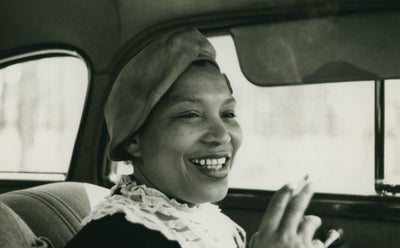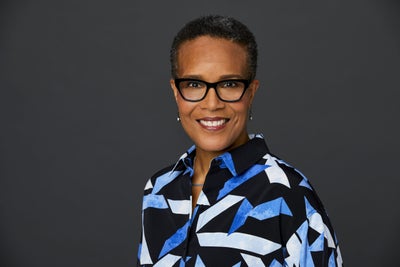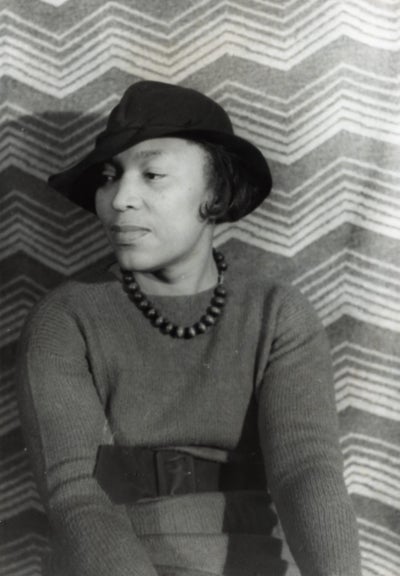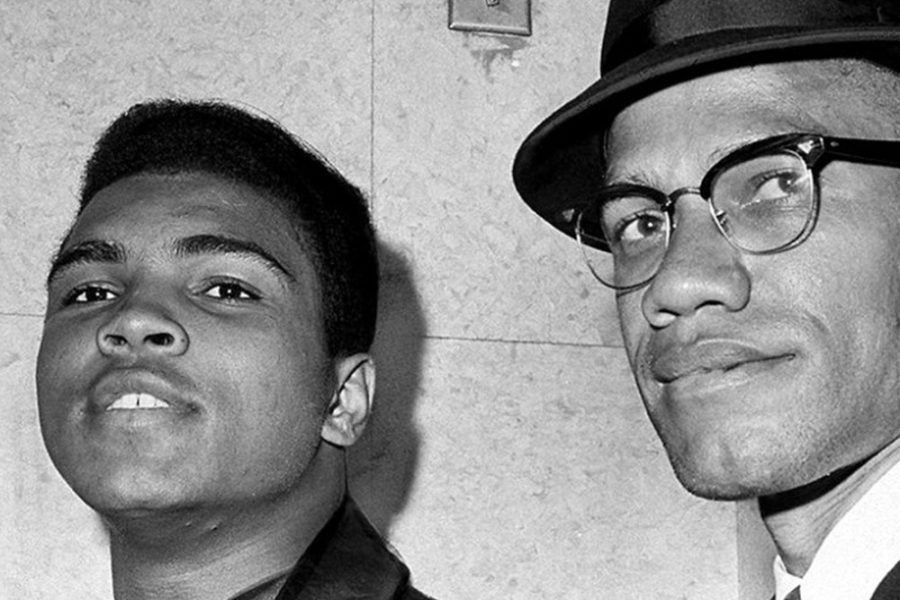
Though Zora Neale Hurston is highly lauded now, few outside the literary scholar space know much about her journey and the intensive work that went into crafting her novels, some of which are now easily considered American Classics.
Peabody-winning Director/Writer/Producer Tracy Heather Strain took on the task of deep diving into the life and extensive work of an author and historian now considered a classic American writer, but who went nearly her entire life unappreciated and under-recognized. With her new documentary from American Experience, Zora Neale Hurston: Claiming A Space, Strain is taking an unprecedented look into the embattled life and intense dedication to craft that took Hurston from a daughter of former slaves in Notasulga, Alabama to one of the most admired and respected authors of the 20th century.
What prompted you to take on the story of Zora Neale Hurston for your newest documentary project?
“I have to admit that the genesis of the idea came from American Experience. They asked me to make this documentary and I was quite honored to say yes. I felt very privileged to say yes, in fact, that they entrusted Zora Hurston with me. I was delighted to be able to make a film that told her biography and the trajectory of her life, but also foregrounded her connection to anthropology and the ethnographic work and the folklore that she collected. I thought that was really important because when you think of something like Their Eyes Were Watching God, you’re not just reading something out of her imagination. You are actually seeing the results of this ethnographic work that she did over the years.”

“I was excited to dive into Zora Neale Hurston’s life. I’m one of those people that did not grow up at a time when Zora Neale Hurston was read in high school. She wasn’t on a pedestal, she wasn’t an icon at that time.”
Though her literature is taught in schools now and her name is known, she’s still a bit of an enigmatic figure for those who don’t study her extensively at the collegiate level. What would you like the takeaway from this work to be for those who may not have known much about her life and work?
“I would like Zora Neale Hurston to be remembered for more than just writing Their Eyes Were Watching God. I want people to respect the journey that she traveled. Her life journey was not easy and it represents something that I think is true for a lot of people who pick creative work. I think it’s a story that rings true for a lot of black women in particular. It’s a story of someone who is trying to get something accomplished but faces so many obstacles. I mean, that’s what stories are about: the hero has an obstacle to face. But Zora Neale Hurston faced a lot of obstacles to do work that, it appears to me, that she was trained and authentically, innately positioned to do. And it’s a shame that she wasn’t supported enough to conduct that work in a way that we could see even more from her.”

“I think for younger people, I want them to understand that creative work just doesn’t happen. It takes work, it takes research, it takes refining over time to get it to be something that the public feels that it resonates, that it’s good. And I think that in our society, generally speaking, I think some of them think that if something doesn’t come right away, then they’re not good at it or they’re going to give up. And that’s not the way it is. Everything that’s good usually takes a lot of work.”
“And I’m not saying that I want people to struggle. That’s not my point at all. I’m just saying that good work is refined over time and also experience, there is value to experience.”
To that end – we all know Their Eyes Were Watching God, of course. But, if there was one other text you’d recommend to someone wanting to get a sense of Hurston’s work, what would it be?
“Zora Neale Hurston spent a lot of time in 1927 with Cudjoe Lewis, who was considered one of the last enslaved people who was brought to the United States on the ship Clotilda. Cudjoe Lewis could tell his story from his life in Africa, to the day he’s captured, through the entire journey. He’s one of the co-founders of the town Africatown outside of Mobile. And she spent time with him to collect this story and she was interested in collecting it as authentically as possible. She was very careful in how she wrote down his words so that she could present his dialect and his way of speaking authentically to people.”

“She tried to get this book that she put together published in 1931 and no one would put it out unless she agreed to change the dialect. She refused to change the dialect. She wasn’t trying to make it more palatable for people. She was trying to be authentic and accurate. Barracoon is the title of this book, and it wasn’t published until 2018. And I recommend people take a look at this book that Zora Neale Hurston spent a lot of time and energy on; to read a story about a man who was African, who was snatched away and brought to this country to be an enslaved person.”
Zora Neale Hurston: Claiming a Space premieres on American Experience via PBS and PBS.org and the PBS video app on Tuesday, January 17, 9:00 pm EST.







